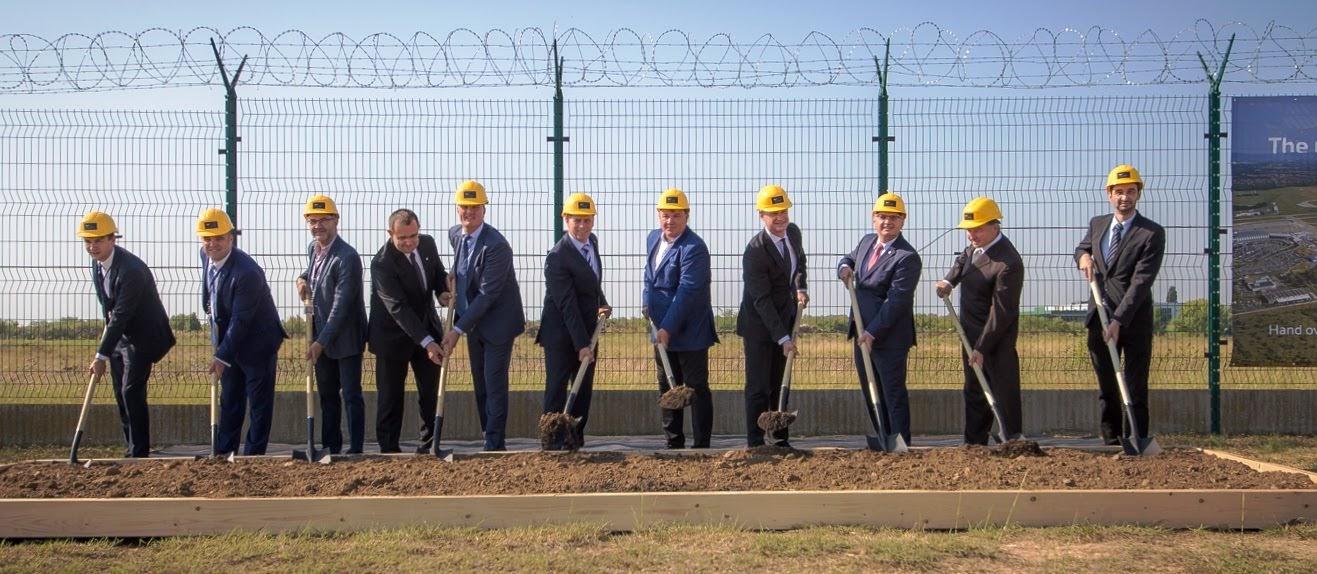Budapest Airport has started the construction of Cargo City, its new dedicated freight centre which is part of the €160 million (US$184 million) BUD:2020 Development Programme at the Hungarian airport.
According to Budapest Airport, the €32.6 million (US”37.5 million) investment into a new 20,000-square-metre cargo-handling facility and new dedicated Boeing 747-8F freighter stands will centralize cargo operations and expand the airport’s handling capacity to handle increasing air cargo volumes in the years to come.

“This is an exciting milestone for the Hungarian cargo community,” said René Droese, executive director of property and cargo at Budapest Airport. “Following on from our infrastructure developments for the integrator market, our aim is to provide the ideal environment for air cargo with our Cargo City project. With the start of AirBridgeCargo and Silk Way West Airlines services in 2018, we now have five freighter operators at BUD. Volumes from our existing full-freighter partners, such as Cargolux, Turkish Cargo and Qatar Airways Cargo, are also increasing. The cargo connectivity of BUD is also continuously expanding via the new belly cargo services of LOT, American Airlines and Qatar Airways, as well as Emirates, Air China, and Air Canada Rouge.”
As part of the BUD:2020 programme, Budapest Airport opened two new express facilities in 2017 with a total area of 16,000 square metres in order to handle increasing volumes from the express and e-commerce business. The airport also added Kuehne + Nagel to its cargo community this summer.
“Air cargo is of strategic importance to BUD, and Cargo City will ensure that we continue to provide our growing customer base with efficient, modern facilities, so that they can thrive in our booming catchment area,” said Jost Lammers, CEO of Budapest Airport.
Budapest handled a record 127,145 tonnes of cargo in 2017, and has seen a 15.5% year-on-year increase in tonnage between January and August 2018.